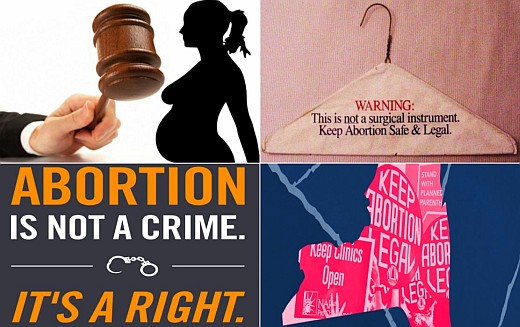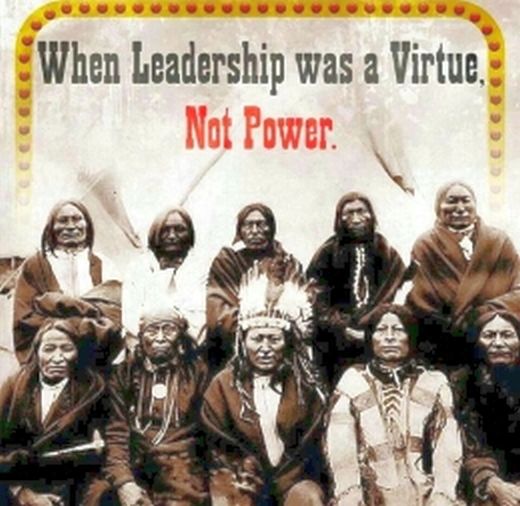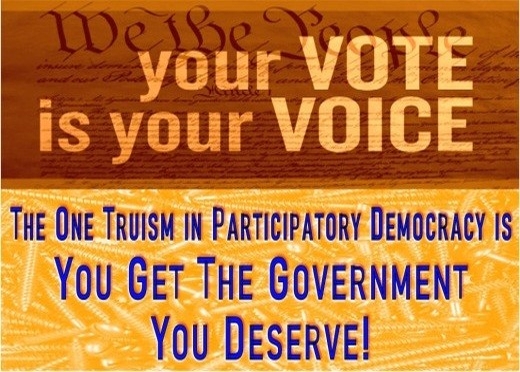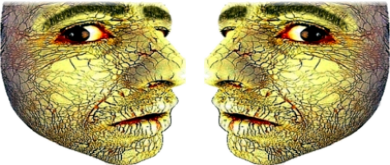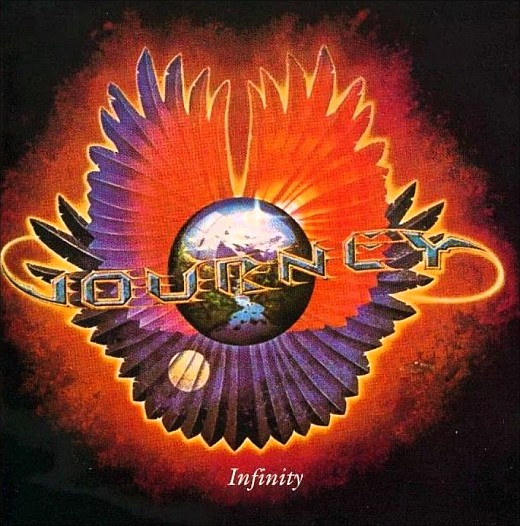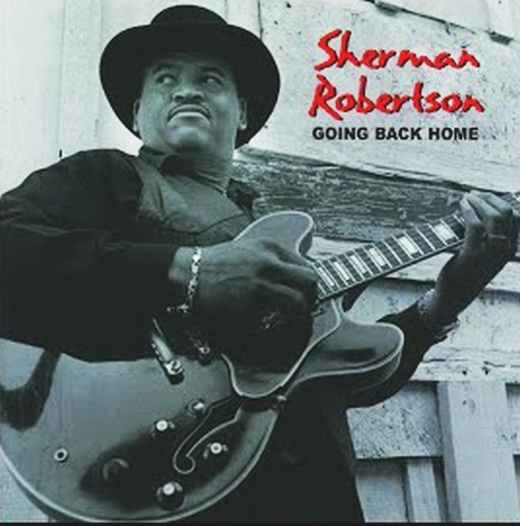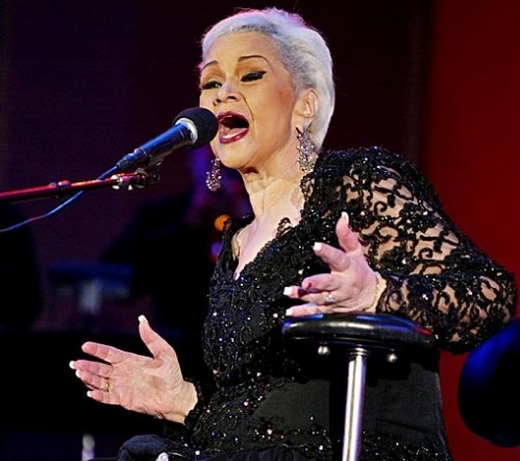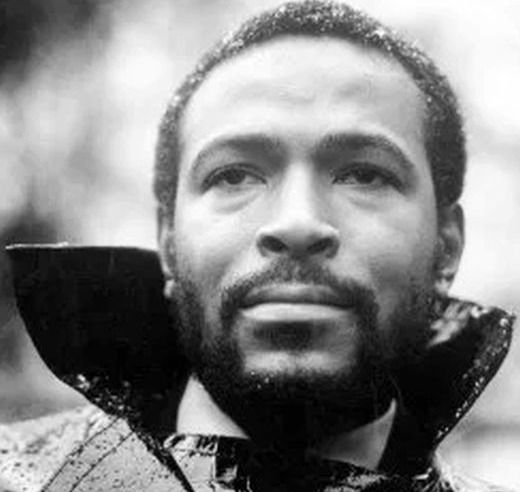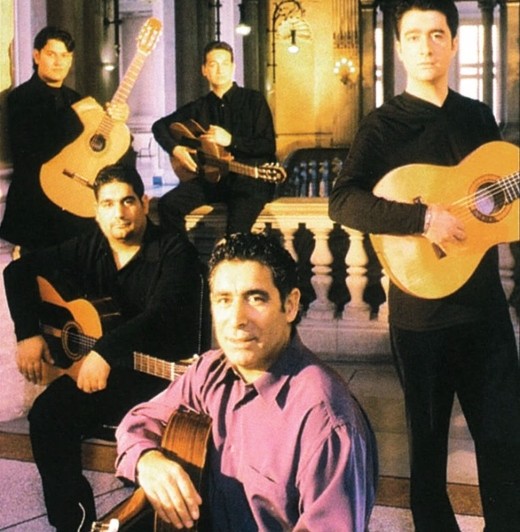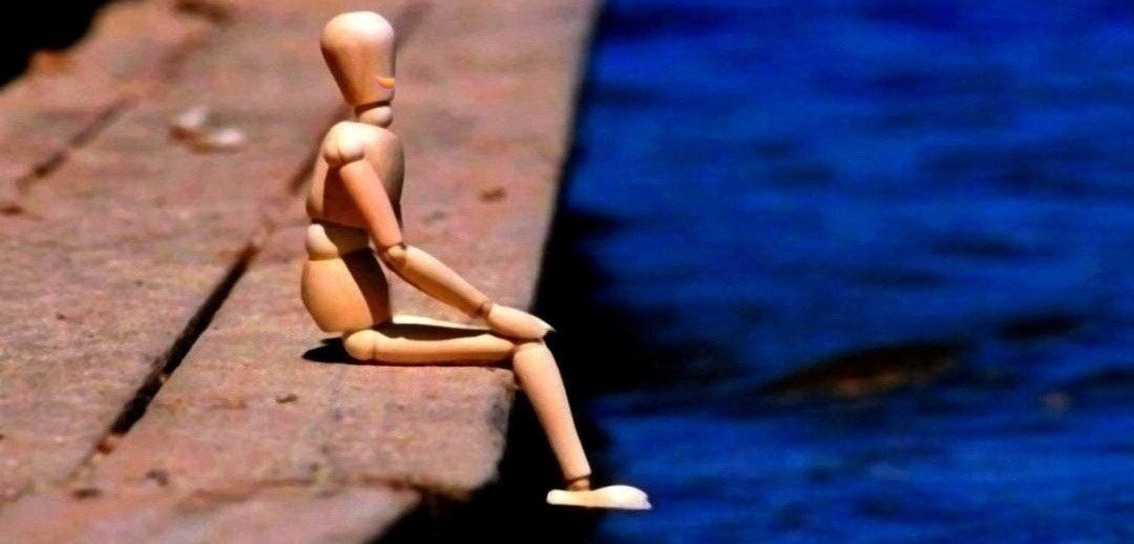
Martin. Harrington. Wright.
Politicians were mostly people who’d had too little morals and ethics to stay lawyers ~ George R.R. Martin.
There is a familiar America. It is celebrated in speeches and advertised on television and in the magazines. It has the highest mass standard of living the world has ever known.
In the 1950’s this America worried about itself, yet even its anxieties were products of abundance. The title of a brilliant book was widely misinterpreted, and the familiar America began to call itself ‘the affluent society.’ There was introspection about Madison Avenue and tail fins; there was discussion of the emotional suffering taking place in the suburbs. In all this, there was an implicit assumption that the basic grinding economic problems had been solved in the United States.
In this theory the nation’s problems were no longer a matter of basic human needs, of food, shelter, and clothing. Now they were seen as qualitative, a question of learning to live decently amid luxury ~ Michael Harrington.
Above and beyond all this, there was that American part of Bigger [Thomas] which is the heritage of us all, that part of him which we get from our seeing and hearing, from school, from the hopes and dreams of our friends; that part of him which the common people of America never talk of but take for granted. Among millions of people the deepest convictions of life are never discussed openly; they are felt, implied, hinted at tacitly and obliquely in their hopes and fears. We live by an idealism that makes us believe that the Constitution is a good document of government, that the Bill of Rights is a good legal and humane principle to safeguard our civil liberties, that every man and woman should have the opportunity to realize himself, to seek his own individual fate and goal, his own peculiar and untranslatable destiny. I don’t say that Bigger knew this in the terms in which I’m speaking of it; I don’t say that any such thought ever entered his head. His emotional and intellectual life was never that articulate. But he knew it emotionally, intuitively, for his emotions and his desires were developed, and he caught it, as most of us do, from the mental and emotional climate of our time. Bigger had all of this in him, dammed up, buried, implied, and I had to develop it in fictional form. ~ Richard Wright, from Bigger Thomas.


